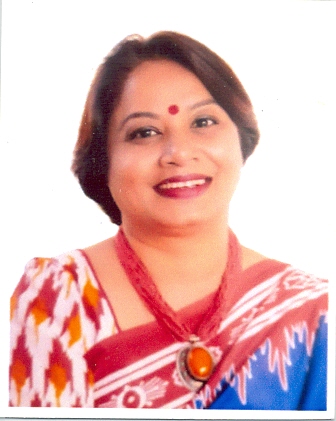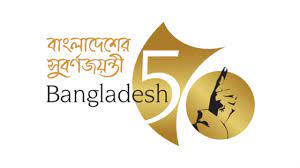08.09.2014 - ODG UNESCO Director-General and Prime Minister of Bangladesh Jointly Award Literacy Prizes
This year’s prizes , given for the first time in Bangladesh, a champion country of the Global Education First Initiative, focused on the powerful links between literacy and sustainable development.
Praising the Prime Minister for championing policies to empower girls and women through education, the Director-General affirmed that this was a “breakthrough strategy for sustainable development.” She commended the five laureates of the 2014 Confucius and King Sejong literacy prizes for showing how change can happen.
“Some 781 million persons today still cannot read a single sentence – two thirds are women. This cannot stand – the price societies pay is too high,” said Ms Bokova. “This is why we must craft an ambitious education agenda to follow 2015… UNESCO is taking this message across the world, acting to ensure literacy is integrated into national development strategies and to promote broader skills for sustainable lifestyles and poverty eradication.”
She underlined the importance of this conference to inform the World Conference on Education for Sustainable Development in Nagoya in November and the World Education Forum in the Republic of Korea in 2015.
Prime Minister Sheikh Hasina outlined her Govermnent's measures to build a strong education system -- from free textbook distribution and midday meals and free education for girls to grade 12, to stipends for female students from poorer families, a 60 percent quota for female teachers in primary school and the establishment of a Trust Fund to support education up to graduation level.
"Education, culture and peace are closely related to each other, " said Prime Minister Sheikh Hasina. "I believe that only the right kind of education can make a girl self-reliant economically, socially and emotionally. It is also education that gives her strength to stand up against any wrong doing and discrimination. I urge the UN and the international community to work together with us on this. We wish to forge an international consensus on girls' and women's education as one of the core foundations of sustainable development and a key goal of the post-2015 agenda."
Foreign Minister Abul Hassan Mahmood Ali affirmed that Bangladesh has a lot to showcase: "We have crossed to a large extent the hurdle of achieving universal primary education and underlined the importance of girls' education to break the shackles of prejudice. Now our second challenge is to improve the quality of education through the right policies, sustainable funding and durable partnerships."
Education Minister Nurul Islam Nahid referred to the challenge of providing education to a rising population as a development priority, and made special note of the country's achievement of gender parity in primary and secondary education.
The Conference will adopt the Dhaka Call for Action that outlines measures to accelerate progress “and write the future by putting learning, literacy and education first.” Measures recommended cover sustainable funding, use of appropriate technologies, reinforced collaboration across sectors as well as contents that specifically address the learning needs of girls and women, minorities and marginalized groups.
The Confucius and King Sejong prizes were awarded to Ecuador’s Basic Education for Youth and Adults Project; Spain’s Lifelong Learning School for Community Development project, the Association for Promoting Non-formal Education from Burkina Faso, the Algerian Association for Literacy and South Africa’s Bridges to the Future Initiative, implemented with the International Literacy Institute (USA).
The Director-General paid special tribute to Prime Minister Sheikh Hasina’s commitment to girls’ and women’s education by presenting her with the “Tree of Peace” sculpture, created by UNESCO Artist for Peace Hevda Ser.
“The Prime Minister has proved that there is no insurmountable obstacle to the empowerment of women – no political, economic, cultural or religious barrier that can stand in the way of women gaining a voice and claiming their rights,” said the Director-General. “The ambitious programmes she has launched testify to the fact that political will, legislation, targeted measures and dialogue with parents and local leaders can break through prejudice and spark a virtuous circle of confidence and opportunity.”
The Inaugural ceremony of the Conference was attended by Foreign Minister Abul Hassan Mahmood Ali, Education Minister Dr Nurul Islam Nahid, Primary and Mass Education Mostafizur Rahman, as well as the Education Ministers of Bhutan and Sri Lanka, and the Deputy Ministers of Education from Afghanistan and Burkina Faso, together with representatives of UN agencies, bilateral donors and civil society organizations and a filled balcony of enthusiastic young students.


























